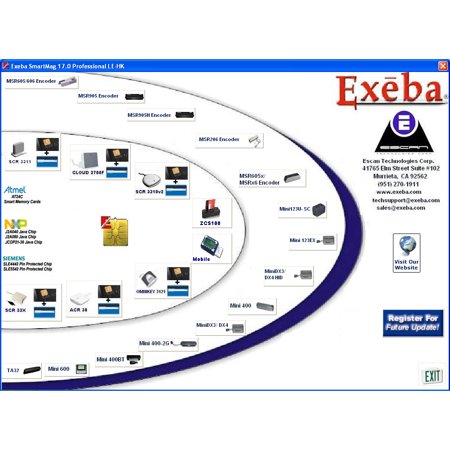
While being quantitative with a wide dynamic range, molecular-based POC tests still have not fully addressed key aspects such as portability, simplicity of use, and independence from resource/infrastructure. Similar figures of merit have also been demonstrated in POC tests such as the CRISPR-Cas–based smartphone-read saliva tests ( 9) or, to a less high-performance level, in the RT-LAMP Harmony COVID-19 ( 10). These approaches have been proven capable of assaying SARS-CoV-2 viral RNA in nasal, nasopharyngeal, or throat swabs at an LOD of 10 to 100 copies per milliliter ( 5). These are both molecular assays, namely, they involve the detection of the viral genome.

The best-performing ones are the platforms based on the reverse transcription, loop-mediated isothermal amplification (RT-LAMP) ( 7) and on the CRISPR-Cas Abbot ID NOW ( 8). The scientific community responded with an incredible effort that has come up with the study and development of several innovative POC diagnostic tests. Reliable and sensitive self-testing with an ultraportable and easy-to-use diagnostic system operated directly by a patient holds the potential to revolutionize point-of-care testing and early diagnosis.īecause of the coronavirus disease 2019 (COVID-19) pandemic, POC testing has been recognized as a top priority by the World Health Organization (WHO) ( 6). The sample handling is minimal, and the assay time to result is 21 min. BioScreen has a small footprint comprising a disposable cartridge and a handheld electronic reader connected to a smart device. The versatile immunometric system can detect the SARS-CoV-2 virus, spike S1, and immunoglobulin G antigen proteins in saliva, blood serum, and swab. The diagnostic sensitivity, specificity, and accuracy reach 99.2% as validated through 240 assays, including a pilot clinical trial.

This digital platform is capable of artificial intelligence–based binary classification at the limit of identification of a single marker/virus in 0.1 ml. BioScreen combines single-molecule sensitivity and outstanding reliability with ultraportability and simplicity of use.

Molecular tests are highly reliable and sensitive but lack portability and are not simple to use conversely, easy-to-use antigenic tests still lack high performance.


 0 kommentar(er)
0 kommentar(er)
